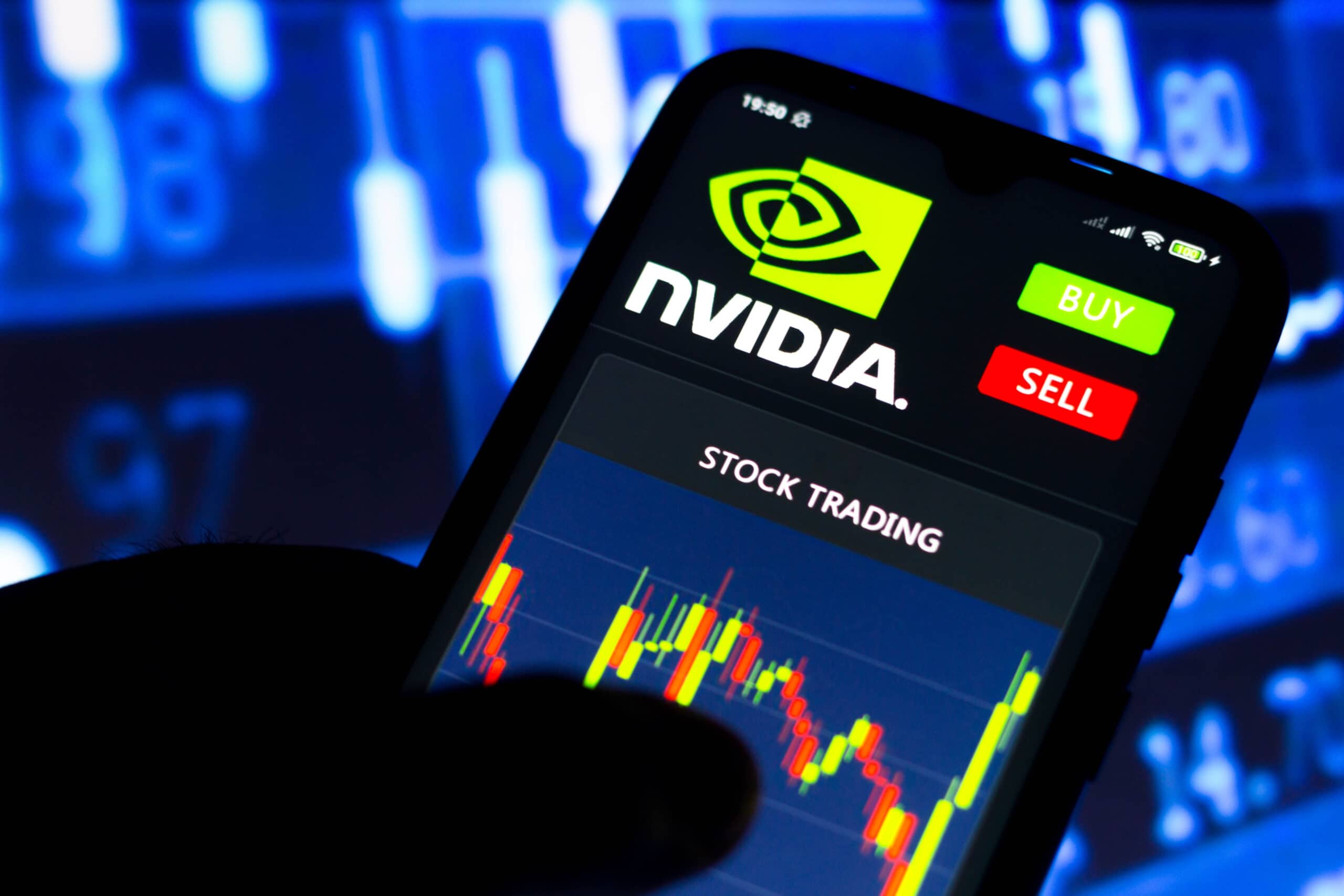

Wall Street has been watching and waiting with bated breath for Nvidia (Nasdaq: NVDA) to report its fiscal Q1 earnings results, which are due out on Wednesday. As perhaps the most closely watched artificial intelligence (AI) stocks among investors and the media, Nvidia leads the industry narrative while many other companies seek to ride on its coattails.
Nvidia has set a very high bar for itself, even as a growth stock. Investors not only expect AI companies to surpass consensus estimates but also meet ambitious growth targets. While Nvidia’s data center segment generated over $18 billion in fiscal Q4 revenue, the company also provided AI-fueled data center sales guidance of $4 billion. Considering data centers are the segment of Nvidia’s business where graphics cards that power AI chatbots such as ChatGPT are made, Wall Street was looking for more.
KeyBanc analyst John Vinh reportedly explained, “[Expectations] for share gains and growth are high. We’re concerned that any moderate downtick to expectations could add substantial risk to the stock based on valuation levels well above peers.”
The stock retreated in response to that forecast, creating a buying opportunity for bullish investors. Nevertheless, with a market cap of $2.3 trillion, Nvidia stock has nearly doubled over the past 12-month period, leaving investors to wonder if this ship has sailed.
Investors are certainly strong-headed about AI, and Nvidia’s leadership position places a target on its back. Whether or not you buy Nvidia stock before Wednesday could force you to decide if you’re looking to become a short-term or long-term holder in this AI play. In either case, there’s sure to be volatility along the way.
Nvidia’s Proven History
While the AI sector might be frothy, unlike the former dot-come stocks, it’s not thought to be in bubble territory. Companies like Nvidia have strong fundamentals and boast decades of operating history under their belts.
Nvidia has a habit of surpassing consensus estimates on both the top and bottom lines year after year, including the past decade. This performance should give investors confidence that Nvidia has a formula in which it is able to meet or exceed Wall Street’s high expectations.
Nvidia’s top line performance has been similarly impressive, where the company has managed to exceed consensus estimates year after year for at least the past half decade. For fiscal Q1, Nvidia has guided for revenue of between $22 billion and $26 billion, while Wall Street’s consensus estimates fall in the middle of that range. UBS believes Nvidia should deliver revenue on the high end of the spectrum, at $26 billion. Additionally, the Swiss bank has expects that momentum to spill over into the following quarter’s result to the tune of $28 billion.
Investors should observe where Nvidia’s revenue guidance falls within its range. But they’ll also want to listen to management commentary on chip lead times to see how well Nvidia is keeping pace with escalating demand, particularly regarding its Blackwell AI platform for real-time generative AI. Tech giants like Alphabet (Nasdaq: GOOGL), Amazon (Nasdaq: AMZN), Dell (NYSE: DELL) and Meta (Nasdaq: META) are lined up for Blackwell.
As an AI darling stock, Nvidia has earned dozens of “buy” ratings on Wall Street, with an average 12-month price target of just over $1,000 per share. Price targets go as high as $1030, reflecting almost 10% upside potential in Nvidia stock. Investors who are in it for the short term are taking on greater risk that Nvidia will meet lofty expectations on Wednesday, considering investors tend to punish AI stocks on even the hint of delayed supply. On the flip side, long-term investors are betting on the industry leading AI stock with proven fundamentals and insatiable demand for its products. Either way, Nvidia stock investors should be prepared to buckle up.
You have the option to opt-out of these emails at any moment. For more information, please review our Disclaimer and Terms of Use.
Thank you for reading! Have some feedback for us?
Contact the 24/7 Wall St. editorial team.



